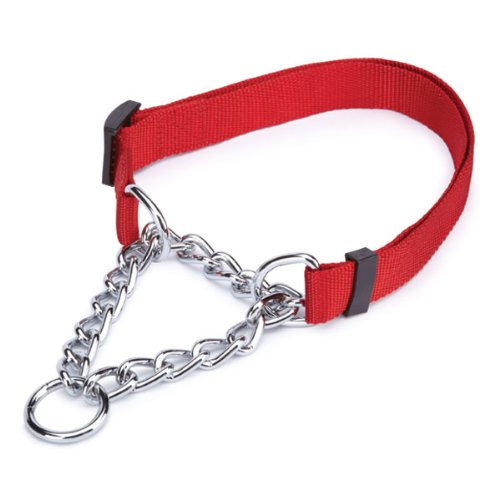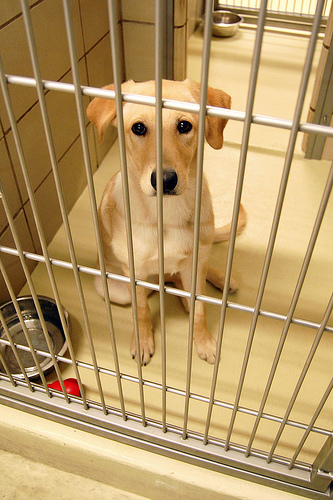
A condition where neurons in the cerebral cortex of the brain fire with an uncontrollable but synchronous fashion that never occurs during normal behavior. It’s kind of like a mini electrical shock occurring in a localized area of the brain. Seizures may manifest themselves as partial seizures if they only affect certain areas of the cerebral cortex while generalized seizures affect the entire cerebral of the brain.
When an animal experiences repeated episodes of seizures it is referred to as Epilepsy. Seizures (brief convulsions) usually last 30 seconds to a few minutes and are not in themselves harmful to the animal. However “status seizures ” that last longer and are repetitive can be very dangerous for an animal.
Animals can feel a seizure coming on and will generally show pre-seizure signs
Seizures cannot be shortened by first aid. They have to run their course.
Chantale Robinson AHT Bs.
Salaberry Veterinary Clinic
Montreal, Quebec, Canada
514-334-7280
 Types of Dog Training Collars
There are many different typ
Types of Dog Training Collars
There are many different typ
 Preventing Traumatic Corneal Ulcers in Dogs
It’s no secret.
Preventing Traumatic Corneal Ulcers in Dogs
It’s no secret.
 How To Train Your Puppy The Right Way
Train Your Dog Using Positiv
How To Train Your Puppy The Right Way
Train Your Dog Using Positiv
 Is Chocolate Poisonous To Dogs?
Uh Oh. Your Dog Just Ate So
Is Chocolate Poisonous To Dogs?
Uh Oh. Your Dog Just Ate So
 5 Tips To Reduce Shedding
5 Tips To Reduce Shedding
Dog hair everywhere? Do you feel
5 Tips To Reduce Shedding
5 Tips To Reduce Shedding
Dog hair everywhere? Do you feel
Copyright © 2005-2016 Pet Information All Rights Reserved
Contact us: www162date@outlook.com